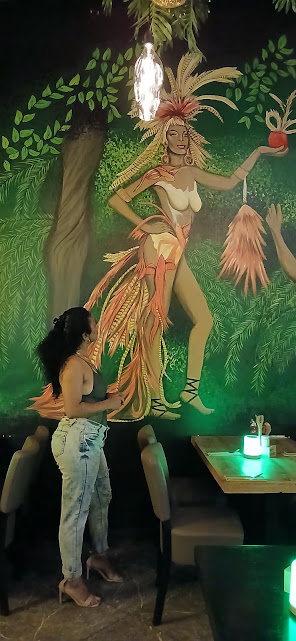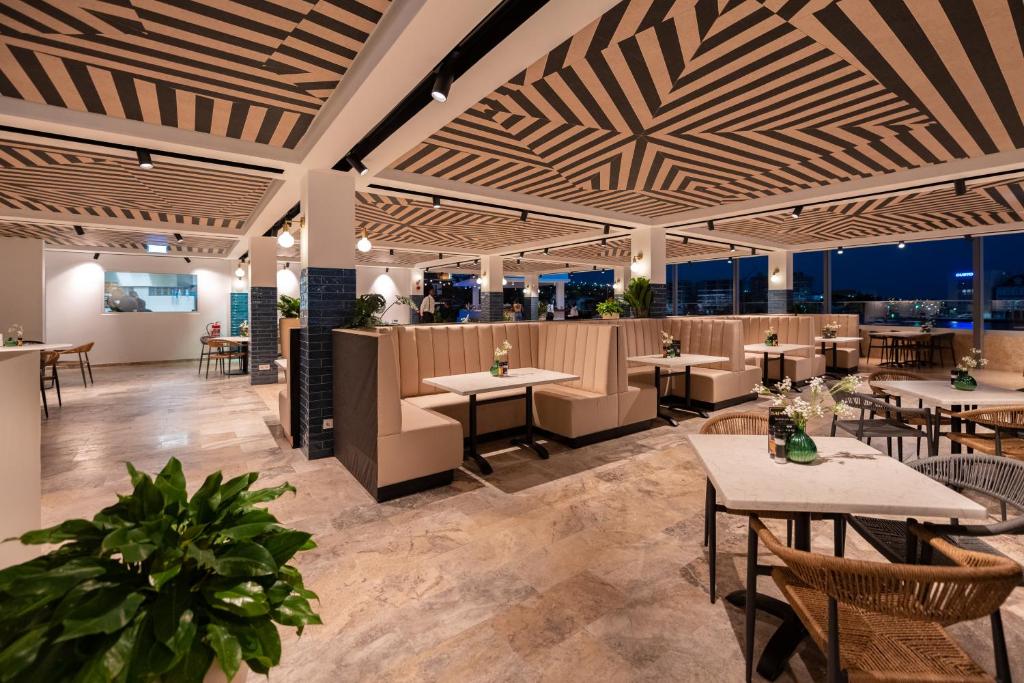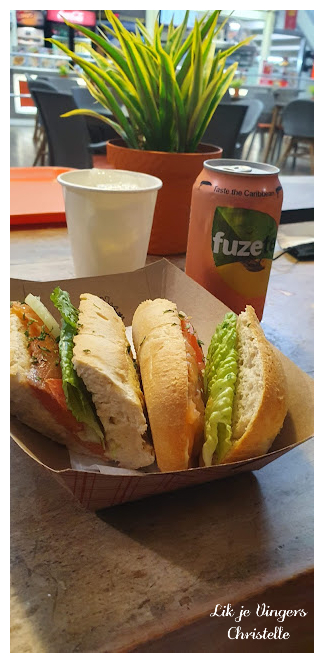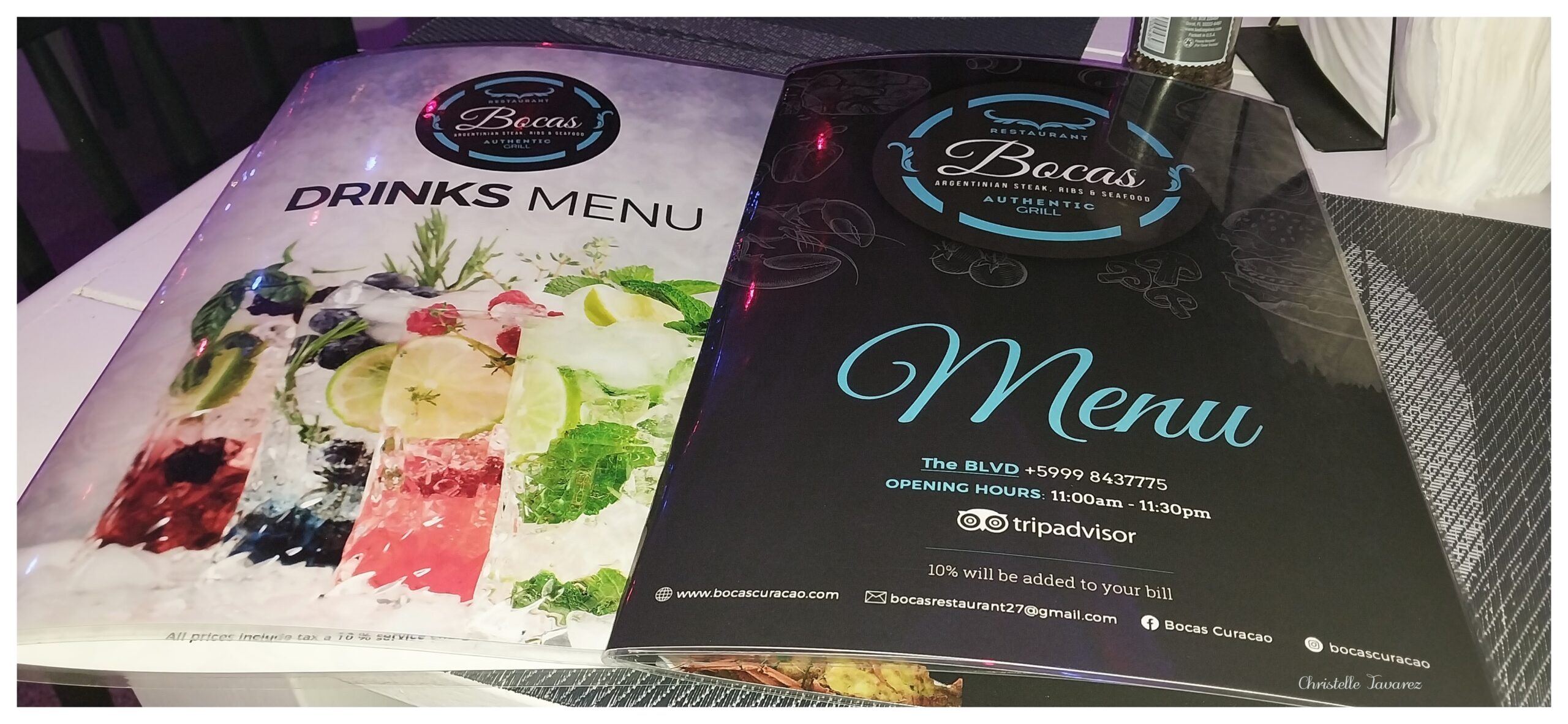The government of Curacao


The government of curacao
Curaçao is a constituent country of the Kingdom of the Netherlands. Its governance takes place in a framework of a parliamentary representative democracy. The King of the Netherlands is the head of state, represented locally by a Governor, with the Prime Minister of Curaçao being the head of government. Executive power is exercised by the government. Legislative power is vested in both the government and parliament.
The judiciary is independent of the executive and the legislature. Convicted felons are held at the Curaçao Centre for Detention and Correction prison.
Curaçao has full autonomy on most matters, with the exceptions summed up in the Charter for the Kingdom of the Netherlands under the title “Kingdom affairs”.
Military
Parera Naval Base. Defence of the island is the responsibility of the Netherlands.
Two Dutch naval bases, Parera and Suffisant, are located on the island of Curaçao. Officers of the Arubaanse Militie complete further training on Curaçao.
On the west side of Curaçao International Airport are hangars for the two Bombardier Dash 8 Maritime Patrol Aircraft and two AgustaWestland AW139 helicopters of the Dutch Caribbean Coast Guard. This was until 2007 a naval airbase of the Royal Netherlands Navy, which operated the base for 55 years, with a wide variety of aircraft in the past years Fireflies, Avengers, Trackers, Neptunes, Fokker F-27s, P-3C Orions, Fokker F-60s and several helicopters. After the political decision to sell all Orions the airbase wasn’t needed anymore.
The west end of the airport is a USAF Forward Operating Location (FOL). The base hosts Airborne Warning And Control System (AWACS), transport aircraft, aerial refueling planes (“tankers”), and reconnaissance aircraft. Until 1999 the USAF operated a small fleet of F-16 fighters from the FOL. The corporation PAE runs base operations at the FOL.
Conscription
Suffisant Naval Base has facilities used for conscription in the Caribbean. There has not been military conscription since 1997, but a form of civil conscription has been in place. This type of conscription offers underprivileged Antillean young people the chance of undertaking professional training.
Politics
The politics of Curaçao reflect the tensions created by socio-economic inequalities as well as the racial hierarchies that are the legacies of colonialism and the Atlantic Slave trade. Decolonization and the ongoing political relationship between Curaçao and the Netherlands have also been sites of tension. In 2010 Curaçao became an autonomous country as part of the Kingdom of the Netherlands. The island country in the Caribbean off the coast of Venezuela was part of the Netherlands Antilles. Sint Maarten island also became autonomous, while the less-populated islands of Bonaire, Sint Eustatius and Saba are municipalities governed by the Netherlands.
Economie
Curaçao has an open economy, with tourism, international trade, shipping services, oil refining, storage (oil and bunkering) and international financial services being the most important sectors. The Venezuelan state oil company PDVSA has a lease on the island’s oil refinery expiring in 2019; the facility employs 1,000 people, refining oil from Venezuela for export to the US and Asia. Schlumberger, the world’s largest oil field services company is incorporated in Curaçao. The Isla oil refinery is claimed to be responsible for Curaçao’s position in the world’s top five highest countries for CO2 emissions per capita.
Along with Sint Maarten, Curaçao uses the Netherlands Antillean guilder as its currency. Its economy is well developed, supporting a high standard of living, ranking 46th in the world in terms of GDP (PPP) per capita and 27th in the world in terms of nominal GDP per capita. Curaçao possesses a high income economy, as defined by the World Bank. Activities related to the port of Willemstad (like the Free Trade Zone) make a significant contribution to the economy. To achieve the government’s aim to make its economy more diverse, efforts are being made to attract more foreign investment. This policy, called the “Open Arms” policy, features a heavy focus on information technology companies.
Reduced foreign demand due to ongoing unrest and political uncertainty in Venezuela has led to decreased exports along with increased public demands for services and goods which has resulted in economic stagnation since 2016. Expansion was recorded in the construction, financial intermediation, and utilities sectors while other aspects of the economy contracted.
Tourism
While tourism plays a major role in Curaçao’s economy, it is less reliant on tourism than other Caribbean countries. Most tourists originate from the Netherlands, the eastern United States, South America and other Caribbean Islands. It is a leader in the Caribbean in cruise tourism growth with 610,186 cruise passengers in 2013, a 41.4% increase over the prior year. Hato International Airport received 1,772,501 passengers in 2013 and recently announced capital investments totaling US$48 million aimed at transforming the airport into a regional hub by 2018.
The island’s insular shelf has a sharp drop-off known as the “Blue Edge” which is often visited by scuba diving tourists. Coral reefs for snorkeling and scuba diving can be reached without a boat. The southern coast has calm waters as well as many small beaches, such as Jan Thiel and Cas Abou. The coastline of Curaçao features numerous bays and inlets which serve as popular mooring locations for boats.
In June 2017, the island was named the Top Cruise Destination in the Southern Caribbean by Cruise Critic, a major online forum. The winners of the Destination Awards were selected based on comments from cruise passengers who rated the downtown area of Willemstad as “amazing” and the food and shopping as “excellent”. The historic centre of Willemstad is a World Heritage Site. Another attraction is the towns colourful street art. A sculpture garden with works from known Curaçao artists is situated in a nearby resort.
Some of the coral reefs are affected by tourism. Porto Marie Beach is experimenting with artificial coral reefs in order to improve the reef’s condition. Hundreds of artificial coral blocks that have been placed are now home to a large array of tropical fish. It is now under investigation to see if the sewer waste of hotels is a partial cause of the dying of the coral reef.
The Curaçao Sea Aquarium and the Dolphin Academy share this islet on the west coast of Curaçao, with Seaquarium Beach nearby.
Labour
In 2016, a Labour Force Survey (LFS) indicated that the unemployment rate was 13.3%. For residents aged 15–64, the employment rate was 70.4%.
Financial services
Curaçao’s history in financial services dates back to World War I. Prior to this period, the financial arms of local merchant houses functioned as informal lenders to the community. However, at the turn of the 20th century, Curaçao underwent industrialization, and a number of merchant houses established private commercial banks. As the economy grew, these banks began assuming additional functions eventually becoming full-fledged financial institutions.
The Dutch Caribbean Securities Exchange is located in the capital of Willemstad, as is the Central Bank of Curaçao and Sint Maarten; the latter of which dates to 1828. It is the oldest central bank in the Western Hemisphere. The island’s legal system supports a variety of corporate structures and is a corporate haven. Though Curaçao is considered a tax haven, it adheres to the EU Code of Conduct against harmful tax practices. It holds a qualified intermediary status from the United States Internal Revenue Service. It is an accepted jurisdiction of the OECD and Caribbean Financial Action Task Force on Money Laundering. The country enforces Anti-Money Laundering and Counter-Terrorism funding compliance.
Foreign Account Tax Compliance Act
Banco di Caribe at Willemstad
On 30 June 2014, Curaçao was deemed to have an Inter-Governmental Agreement (IGA) with the United States of America with respect to the “Foreign Account Tax Compliance Act” of the United States of America. The Tax Information Exchange Agreement signed in Washington, D.C. on 17 April 2002 between the U.S. and the Kingdom of the Netherlands includes Curaçao, and was updated with respect to Curaco in 2014, taking effect in 2016.
Trade
Curaçao trades mainly with the United States, Venezuela, and the European Union. It has an Association Agreement with the European Union which allows companies which do business in and via Curaçao to export products to European markets, free of import duties and quotas. It is also a participant in the US Caribbean Basin Initiative allowing it to have preferential access to the US market.
Prostitution
Prostitution in Curaçao is legal only for foreign women who get a temporary permit to work in the large open-air brothel called “Le Mirage” or “Campo Alegre”. Using prostitution services is legal for men (locals included). The brothel has operated near the airport since the 1940s. Curaçao monitors, contains and regulates the industry. The government states that the workers in these establishments are thereby given a safe environment and access to medical practitioners. However this approach does exclude local women (or men) to legally make a living from prostitution and does lead to loss of local income, as the foreign prostitutes send or take most of their earnings home.
The U.S. State Department has cited anecdotal evidence claiming that, “Curaçao…[is a] destination island… for women trafficked for the sex trade from Peru, Brazil, Colombia, the Dominican Republic, and Haiti, according to local observers. At least 500 foreign women reportedly are in prostitution throughout the five islands of the Antilles, some of whom have been trafficked.” The US Department of State has said that the government of Curaçao frequently underestimates the extent of human trafficking problems.




